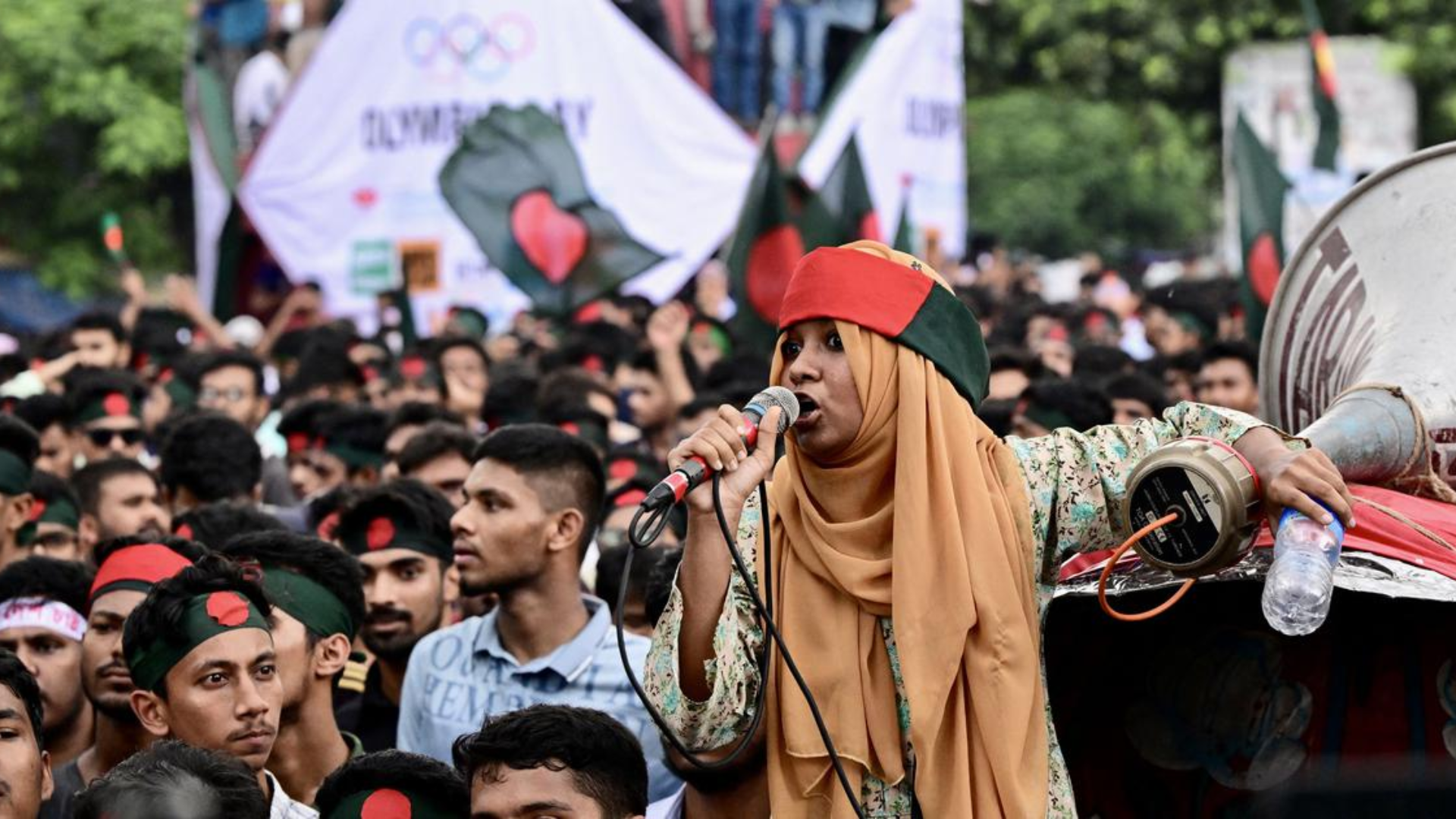In a pivotal decision that marks a turning point for Bangladesh, the Supreme Court has rolled back contentious quotas on government jobs, sparking a wave of relief and reflection across the nation.
Why the Outcry?
The quota system, which had reserved 30% of prestigious civil service positions for descendants of veterans from Bangladesh’s war of independence, has been a lightning rod for controversy. Many viewed it as perpetuating privilege and hindering meritocracy in job placements, fueling discontent among the youth amidst already high unemployment rates.
Protests Turn Violent
The streets of Dhaka and other cities became battlegrounds as protests intensified, leaving a trail of casualties and injuries. The unrest climaxed with the closure of schools nationwide in an effort to restore calm.
Legal Rollercoaster
Initially scrapped in 2018 following similar protests, the quota system was reinstated by the High Court in June 2024, only to face renewed challenges. The Supreme Court, after suspending quotas temporarily, delivered a definitive blow to their existence by directing that 93% of government jobs now be allocated solely on merit.
Reactions and Repercussions
Following the verdict, jubilant voices hailed the decision as a victory for fairness and equality. Shah Monjurul Hoque, a prominent advocate for student rights, emphasized the significance of the Supreme Court’s ruling in dismantling what he termed a “discriminatory barrier.”
Restoring Order
With the nation reeling from the turmoil, authorities extended curfews and deployed security forces to maintain stability. Concerns over safety prompted a government-imposed blackout on mobile and internet services, underscoring the gravity of the situation.
Looking Ahead
As Bangladesh navigates this transformative moment, attention turns to healing and reconciliation. The international community, including the US State Department, has issued travel advisories amid ongoing civil unrest.
The Supreme Court’s decision is not just a legal milestone but a societal reckoning, setting the stage for a new chapter in Bangladesh’s quest for equitable opportunity and progress.

